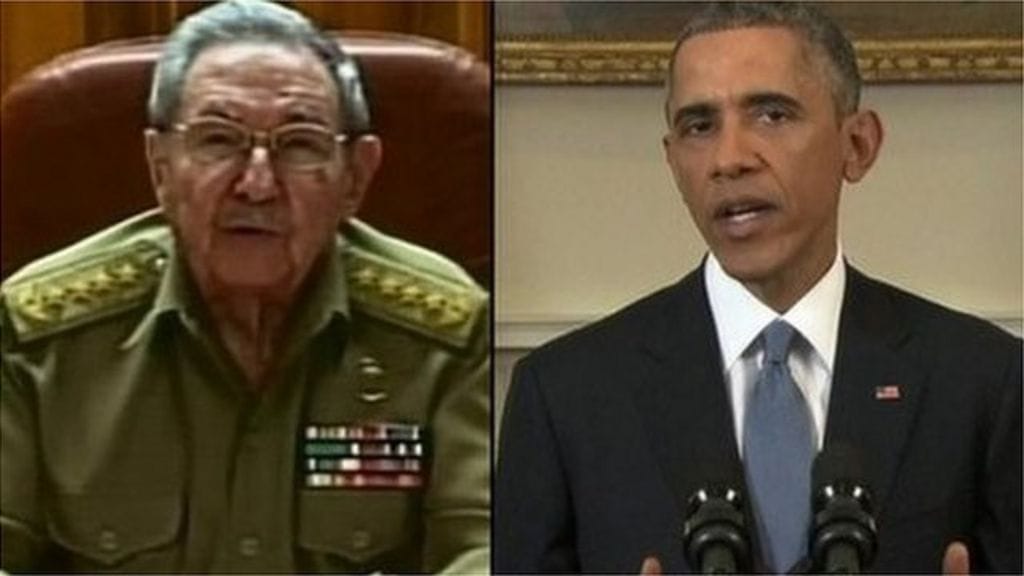The Biden administration is exploring new avenues for foreign relations, with a crucial decision to potentially lift Cuba’s state sponsor of terrorism designation. This strategic move could foster improved relations between the two countries, particularly considering the far-reaching implications of such a change. Among the most compelling reasons for this shift is a proposed prisoner exchange deal – an act that could dramatically alter the landscape of diplomatic engagement in the region.
Lifting the terrorism designation would mean that the United States officially acknowledges progress made by the Cuban government in a range of areas, encouraging a positive change in the long-standing relationship between the two countries. An improved relationship could pave the way for greater collaboration on pressing global issues such as climate change, regional security, and health care. The potential exchange of prisoners underpins these negotiations and, if successful, could serve as a watershed moment for international diplomacy.
However, the potential relaxation of sanctions and subsequent shift in relations is not without controversy. Some critics argue that normalizing relations with a government that continues to suppress human rights might send the wrong message to other countries with poor human rights records. Nonetheless, the potential diplomatic and humanitarian benefits at play merit careful consideration, setting the stage for a transformative shift in the United States’ approach to foreign policy in Latin America.
For Cuba, the easing of sanctions could provide a much-needed economic boost for a country long suffering under US-imposed restrictions. Increased trade, investment, and tourism could create much-needed economic opportunities and significantly improve the lives of ordinary Cubans.
Moreover, the potential exchange of prisoners could bring humanitarian relief, allowing family members to be reunited, and bring closure for both US and Cuban citizens affected by the dispute. It is clear that the consequences of this decision are far-reaching, impacting international politics, cross-border relations, and economic development.
Despite potential bumps in the diplomatic process, President Biden’s decision to work towards lifting the state sponsor of terrorism designation represents a new era of diplomatic engagement with Cuba. The proposed prisoner exchange deal in particular could mark a seminal change in regional relations, carrying great promise for the future of both countries.



